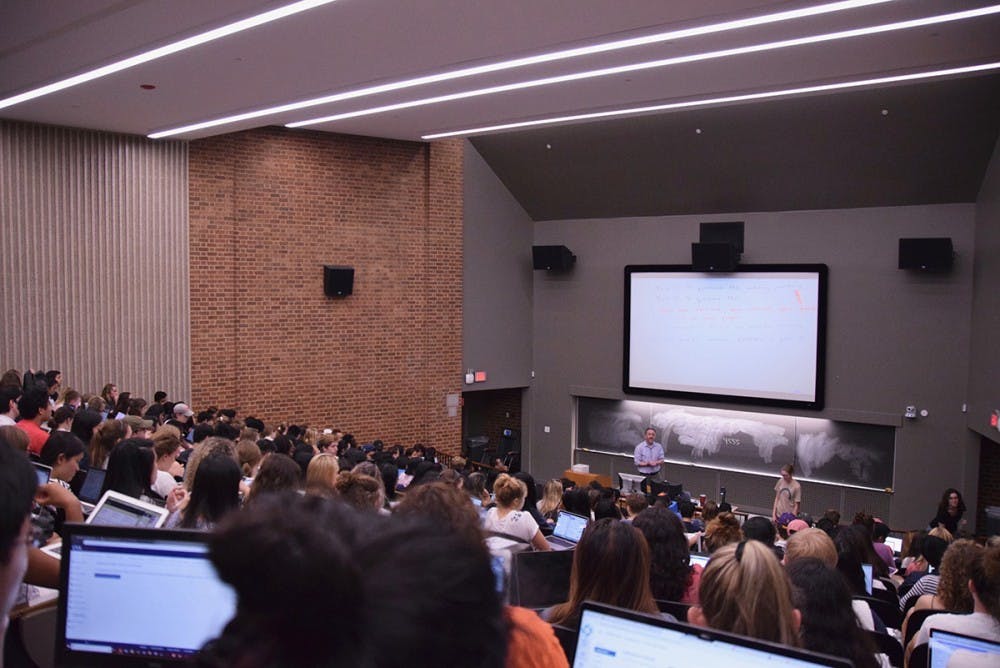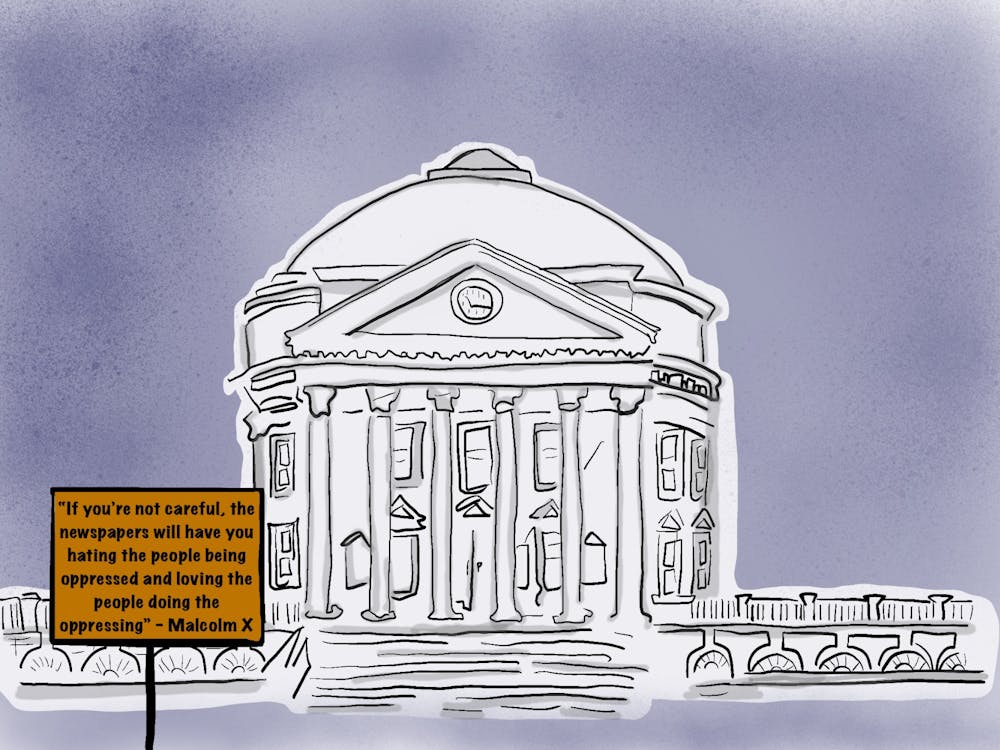In a matter of days, life as we have known it has come to a screeching halt, and in its place chaos, confusion and fear have flourished. No one could have predicted only a few months ago that students would not return to Grounds from spring break and instead would be left to make sense of a new normal. To help accommodate this unprecedented disruption, the University has taken a number of drastic steps including instituting a pass/fail system for course credit this semester, compensating work-study students and reimbursing students and their families for on-Grounds housing and dining expenses. While there still remains more that can be done, these measures have signalled the administration’s understanding of the extraordinary predicament that the University community today finds itself in.
By contrast, these measures are a far cry from what was recently passed by the federal government as the impact of the economic crisis on college students has been almost entirely ignored. On Friday, President Trump signed into law a $2 trillion stimulus package that would provide cash assistance to Americans impacted by the coronavirus – a one time payment that would vary by income. While individuals making up to $75,000 a year are eligible for a $1,200 check from the federal government, those with limited tax liability but at least $2,500 in qualifying income would receive only $600. The problem with this plan is that those with lower incomes, particularly college students, would receive little, if any, aid from the federal government. Furthermore, college students and those under 24, who are usually considered dependents, are not eligible for any relief.
With many students financially independent from their parents and, until recently, employed either on-Grounds or in the Charlottesville community, the need for a measurable form of financial assistance is clear. Across the country, the number of applications for unemployment benefits has surged with employers being forced to lay off workers and close due to the pandemic. While Gov. Ralph Northam, D-Va., and other state officials have encouraged businesses to operate remotely, for many workers, particularly in the service industry –– a sector that is particularly popular amongst college students –– this is a luxury they do not have.
As the federal government has now signalled its intention to provide financial assistance to Americans impacted by the crisis, it is imperative that workers who are disproportionately affected and unable to work are compensated the most. Additionally, with reports now circulating that efforts to “flatten the curve” could extend well into the summer, this aid cannot just be a one-time deal as the Senate has now outlined. Not only will students who have been working during the school year be affected under this circumstance but also those who planned to take on summer internships or seasonal jobs. In Charlottesville, students can pay up to just over $1,000 a month in housing costs. With students being an important factor in the Charlottesville economy and some paying their own way through college, it is important that they too receive assistance.
Proposals, such as the one put forward by Sen. Mitt Romney, R-Utah, have taken this issue into account, calling for all American adults — regardless of their income — to receive monthly checks of $1,000 throughout the duration of the crisis. In light of the uncertainty which this crisis presents as well as its potential to disrupt everyday life, it is imperative that the federal government provides a reliable form of aid to all Americans in order to placate fears and enable them to do their part in flattening the curve.
Finally, the federal government must also acknowledge and address the long-term impact that the crisis will have on unemployment. For graduating students who are preparing to enter the job market, the pandemic has provoked a certain level of fear and uncertainty. With many of these students being required to begin paying back student loans shortly after they leave Grounds, the Senate’s stimulus package does provide some relief in that federal student loan payments will be delayed for six months. However, as some economists have projected that unemployment could reach as high as 20 percent, measures to at least partially forgive student loan payments must be considered as economic recovery will likely be slow.
The coronavirus pandemic presents one of greatest challenges that has been seen in our lifetimes. The country's youth — particularly those who lack a safety net — will bear long-term consequences if the federal government fails to step in.
The Cavalier Daily Editorial Board is composed of the Executive Editor, the Editor-in-Chief, the two Opinion Editors and their Senior Associate. The board can be reached at eb@avalierdaily.com.





